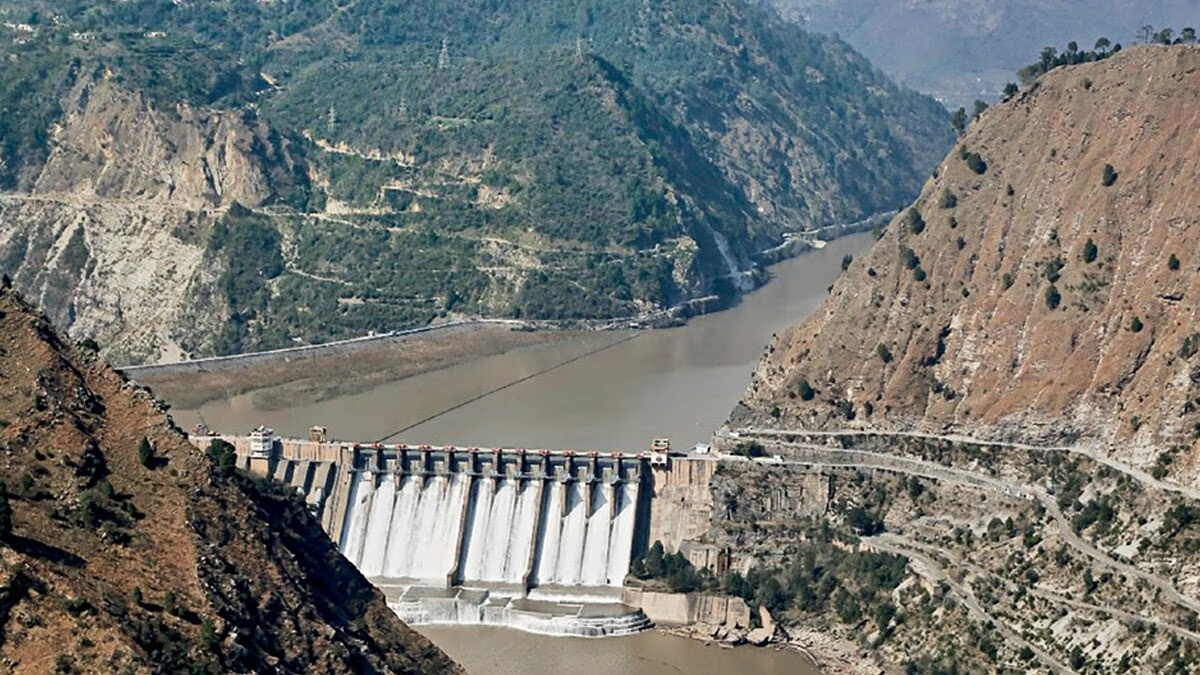Following the Pahalgam terrorist attack, India has taken a firm step by suspending the six-decade-old Indus Water Treaty with Pakistan. This decision has left Pakistan rattled as it attempts to intimidate India with warnings. However, observing India's resolve, Pakistan's bluster has significantly toned down as it prepares for legal proceedings following the treaty's suspension.
Treaty of Six Decades Suspended
Even post-wars in 1965, 1971, and 1999, India refrained from suspending the Indus Water Treaty with Pakistan. Even after the Pulwama and Uri attacks, India's commitment to the treaty remained. Yet, following the Pahalgam attack, the stage was set for a stern response, resulting in the immediate suspension of the 1960 water accord with Pakistan.
Once, Pakistani leaders made grand declarations like 'The Indus will flow with water or with blood.' Now, having realized their stance, Pakistan gears up for international legal action against India's suspension of the Indus Water Treaty.
Pakistan's top legal body has formed a committee to assist the government in this matter and to explore all possible legal options.
Pakistan Seeking Legal Avenues
Pakistan's Minister for Legal Affairs, Barrister Akil Malik, informed Reuters that the government is exploring at least three legal avenues, including raising the issue with the World Bank, which acted as a mediator during the treaty and remains an intermediary.
Additionally, Pakistan is contemplating pursuing cases at the Permanent Court of Arbitration or the International Court in The Hague, asserting India violated the 1969 Vienna Convention by suspending the treaty.
Moreover, Akil highlighted, 'The legal strategy deliberation is nearly complete', indicating that decisions on which cases to advance will be made soon, encompassing multiple options.
Why the Treaty Matters to Pakistan
Indus and its tributaries are Pakistan's lifeline. Almost 93% of Indus system water is utilized for irrigation and power generation, while around 80% of Pakistan's agricultural land relies on its waters. Agriculture holds significant weight in Pakistan's economy, and nearly 240 million people depend on the rivers for their water needs, presenting a formidable challenge after India's suspension of the treaty.
Experts note that suspending the Indus Water Treaty means India will cease notifying Pakistan about projects on western rivers or sharing data. This lack of alerts or warnings could lead to flooding in Pakistan if India releases excess water, or drought-like situations if water is withheld.
Suppose Pakistan approaches the court of arbitration. In that case, India holds options too, with strategic expert Chelani positing that India could legally exit the Indus Water Treaty. Article 60 of the Vienna Convention on the Law of Treaties, 1969, allows a state to suspend or exit a treaty if it faces material violation by the other party, ensuring India isn't bound to comply with any related decision.




